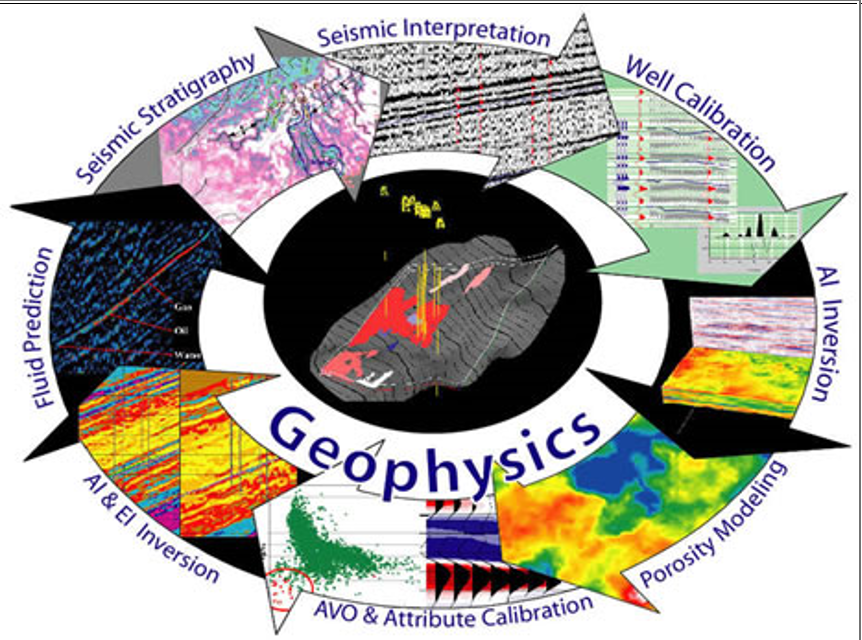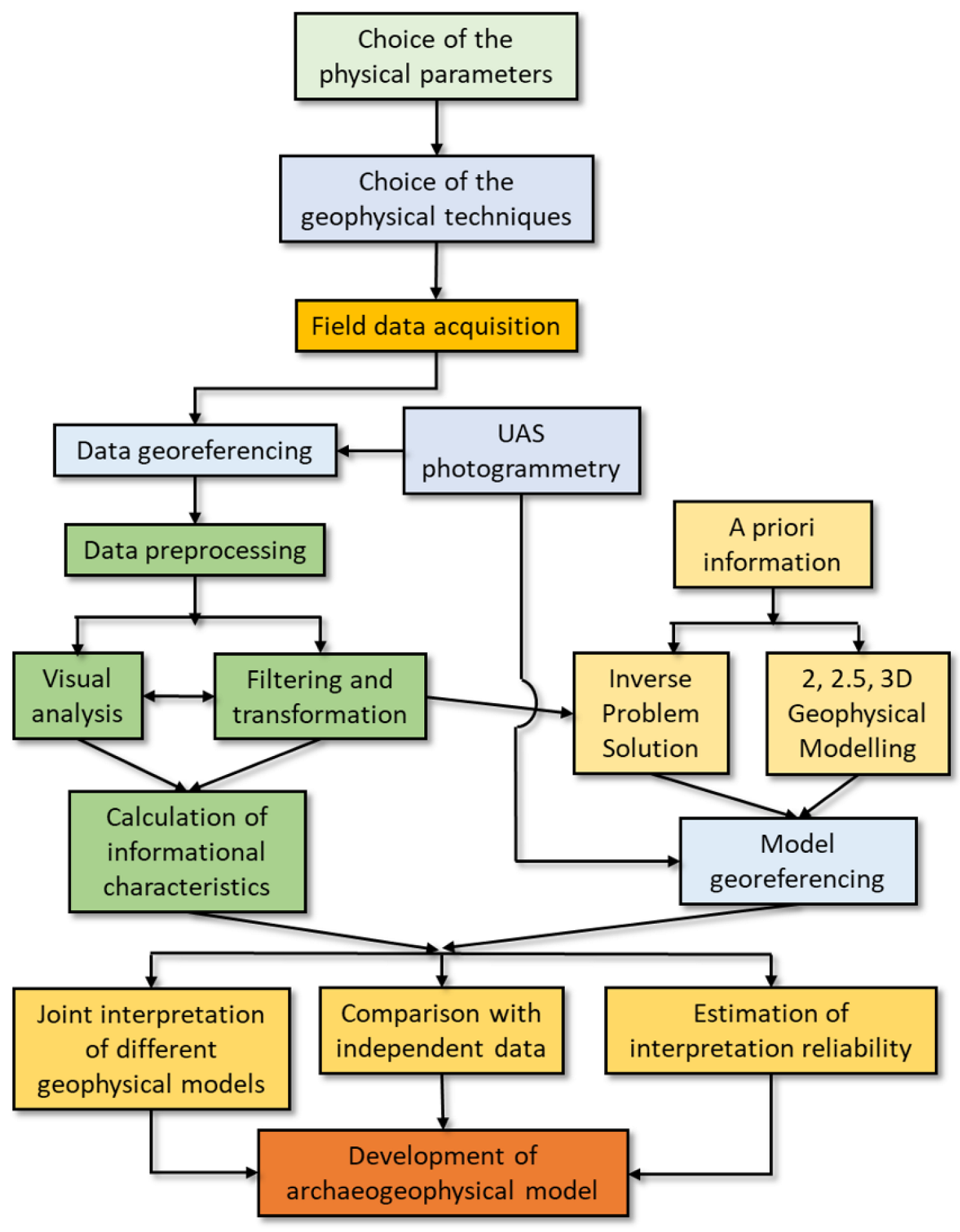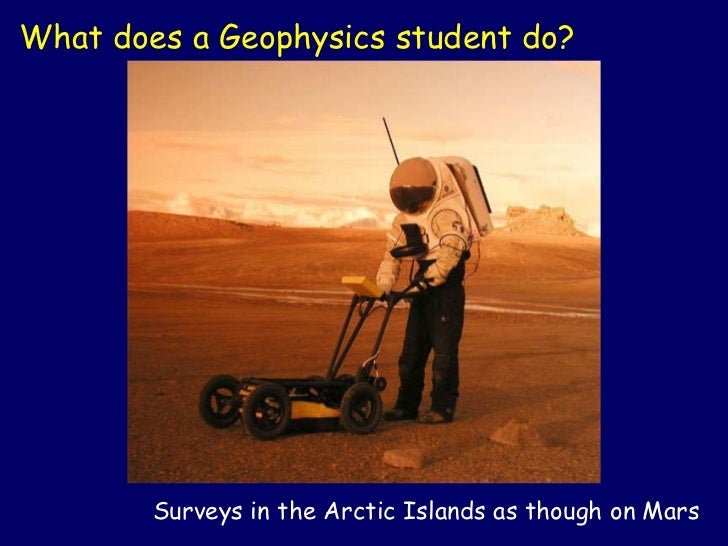
Navigating the Geophysical Landscape: Chemistry’s Role and Alternatives
Understanding the Core Requirements
Okay, so you’re eyeballing geophysics, right? Cool gig. But then that little voice pipes up: “Chemistry… do I really need it?” Look, we’ve all been there. Trying to figure out which bits of science stick, and which you can maybe, just maybe, sidestep. It’s like trying to pack for a trip and wondering if you really need that extra pair of socks. With geophysics, it’s not quite that simple, but let’s break it down.
Geophysics, at its heart, is about figuring out how the Earth works. Think of it as being a detective, but your crime scene is the planet itself. Now, some of those “clues” are definitely chemical. You’re looking at rocks, fluids, all the stuff that makes up the Earth. But, and this is a big but, not every clue needs a chemistry lab. We’re talking a massive field, and you can specialize. Some bits are heavy on the chemical reactions, others, not so much.
Imagine this: you’re more into how earthquakes shake the ground, or how the Earth’s magnetic field messes with your compass. That’s physics and math territory. You’ll be knee-deep in equations and data, not beakers and Bunsen burners. It’s like deciding if you want to fix a car’s engine or its electrical system – both are cars, but they need different tools and skills. That’s the vibe with geophysics.
So, the real question isn’t “can I skip chemistry?” It’s more like, “how much chemistry will I actually use?” Check out the courses at your university. They’ll tell you what’s expected. And don’t let a bit of chemistry scare you off. It’s not always the monster under the bed it seems. You might even find you like it, or at least tolerate it.

The Spectrum of Geophysical Specializations: Where Chemistry Matters Most
Identifying Chemically Intensive Fields
Right, let’s get specific. If you’re diving into geochemistry, you’re basically a chemical detective of the Earth. You’ll be analyzing rocks, minerals, and fluids, trying to understand how they interact. Think of it as Earth’s own internal chemistry set. If you love digging into how ore deposits form or how groundwater moves, chemistry is your best friend.
Then there’s mineral physics. You’re looking at how minerals act under different conditions, like the crazy pressures and temperatures deep inside the Earth. It’s all about chemical bonds and crystal structures. You’ll be wrestling with thermodynamics and chemical kinetics, which sounds like something out of a sci-fi movie, but it’s just really complex chemistry and physics. Trust me, it’s fascinating, if you’re into that sort of thing.
Environmental geophysics, especially when you’re dealing with pollution or groundwater, also needs a good dose of chemistry. How do chemicals move through soil and water? It’s all chemical reactions. Imagine trying to clean up a spill without knowing what the stuff is made of. It’s like trying to cook without a recipe. You’d be guessing, and probably making a mess.
Even in oil and gas, where you’re mostly thinking about physics, a bit of chemistry helps. Knowing how hydrocarbons behave underground can give you an edge. It’s not always the main course, but it’s a useful side dish. Bottom line, if you’re working with anything that involves the planet’s chemical make-up, chemistry will be your pal.

Alternative Pathways and Skill Sets: Focusing on Physics and Mathematics
Exploring Physics and Math-Driven Geophysics
Okay, so chemistry isn’t your jam? No worries. Seismology is all about how waves move through the Earth. Think of it as listening to the Earth’s heartbeat. You’ll need to know your physics and math, especially wave propagation and signal processing. You’ll be crunching numbers and building models, not mixing chemicals.
Potential field geophysics? That’s about gravity and magnetic fields. It’s like trying to see inside the Earth without digging. You’ll use electromagnetic theory and potential field theory, which are basically fancy ways of saying you’ll be doing a lot of math. You’ll be using computer programs to help you visualize what is happening deep below.
Geodesy is another one. It’s about measuring the Earth’s shape and how it changes. Think of it as being a super-precise surveyor. You’ll need a solid grasp of physics and math, especially when you’re dealing with satellite data. If you love maps, data, and solving puzzles, this could be your thing. It is very hands on with the data.
So, even if chemistry makes you break out in a cold sweat, you can still rock geophysics. Just focus on physics and math. Build those skills, and you’ll be golden. Plus, who doesn’t love the satisfying click of a perfectly solved equation?

Educational Requirements and Coursework: Tailoring Your Academic Path
Curriculum Choices for Aspiring Geophysicists
When you’re picking your courses, look at what the geophysics program requires. Most will want you to know your physics and math. Think calculus, linear algebra, all that good stuff. Some might also want a bit of geology and computer programming. It is like building a toolbox, you need the right tools.
If you’re worried about chemistry, maybe take an intro course. It’ll give you the basics and might even surprise you. Plus, it makes you more well-rounded. Universities often have catch-up courses if you’re switching fields. Don’t be shy about asking for help.
Find a program with lots of electives. That way, you can focus on what you love. It’s like choosing your own adventure. And chat with your advisor. They’re there to help you figure out what’s best for you. They have the knowledge to help.
Remember, geophysics is always changing. Keep learning, go to conferences, read journals. It’s like staying up-to-date with the latest tech. It helps you stay ahead of the game and makes you more valuable. It also helps you to find new ways to use the data.

Career Opportunities and Practical Applications: Where Geophysics Takes You
Real-World Applications of Geophysical Expertise
Geophysics opens doors in energy, environmental work, and research. You could be finding oil and gas, cleaning up pollution, or teaching at a university. It’s a pretty versatile field, like having a Swiss Army knife of skills.
The skills you learn are useful in all sorts of places. Data analysis, problem-solving, computer modeling – these are gold. You could end up in data science, engineering, even finance. It is like knowing a secret language that everyone wants to learn.
The demand for geophysicists is growing. We need people to find sustainable energy and protect the environment. It is like being a superhero for the planet. So, whether you want to explore the Earth’s depths or save the world, geophysics has a place for you. There is always a new problem to solve.
Your career path is up to you. But remember, the world needs your skills. And geophysics can take you on some wild adventures. It is like being an explorer in the modern age.
Frequently Asked Questions (FAQs)
Addressing Common Concerns
Q: Can I get a job in geophysics if I don’t have a strong chemistry background?
A: Yep, totally! Focus on physics and math, and you’ll be fine. There are plenty of jobs that don’t need a chemist’s brain. It is like choosing a job where you use your favorite tools.
Q: What are some essential skills for a geophysicist?
A: You’ll need to be good at analyzing data, solving problems, and using computers. Communication skills are also important. You’ll be working with others, and you need to be able to explain what you find. It is like being a detective and a storyteller.
Q: What kind of computer skills do I need?
A: Learn Python or MATLAB, and get comfy with data analysis software. Knowing GIS is also a big plus. It is like knowing how to use all the latest gadgets.